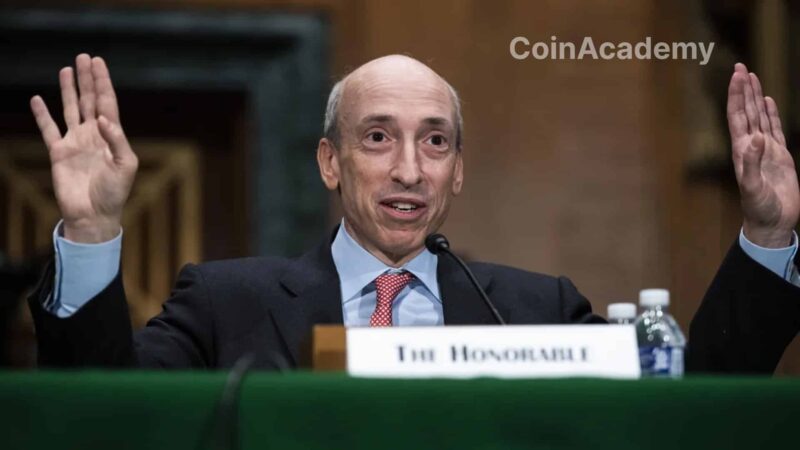Michael Saylor, the executive chairman and co-founder of MicroStrategy, recently made bold statements about the virtues of Bitcoin, predicting that it will reach $10 million per BTC. He also believes that the entire country of China will support this cryptocurrency.
These statements were made during an 84-minute interview with Robin Seyr, a podcast host who specializes in Bitcoin.
Saylor described Bitcoin as a form of ‘economic immortality,’ contrasting the idea of ‘perfect money’ with ‘imperfect money.’
He explained that Bitcoin represents economic longevity, while traditional forms of money lead to short and brutal economic lives. In his view, companies that invest in BTC could theoretically survive indefinitely.
During the interview, Saylor criticized traditional economics, calling it a pseudo-science before the invention of Bitcoin by Satoshi Nakamoto. He claimed that economics, before Bitcoin, was based on opinions and prejudices, using metaphors such as seashells and glass beads to describe ancient economic tools. According to him, Bitcoin has rendered all previous forms of economy obsolete by introducing a new paradigm.
One of Saylor’s central arguments is that companies that adopt Bitcoin are better positioned to endure than those that remain attached to old corporate methods. He emphasized that the average lifespan of a company is around 10 years, but with Bitcoin, this duration could be multiplied by ten, a hundred, or even a million. This outlook is based on the belief that Bitcoin can offer sustainable economic vitality and eliminate corporate mortality.
Saylor also predicted that China, both the people and the government, would eventually embrace Bitcoin. He expressed his conviction that the cryptocurrency will become a global economic pillar, with a projected value of $10 million per BTC in the future. This bold prediction is rooted in his faith in Bitcoin’s ability to transform the global economy and provide long-term stability.
By positioning Bitcoin as a solution to economic obsolescence and corporate mortality, Saylor presents a radical perspective that could influence how businesses and governments envision the future of finance and investment.




